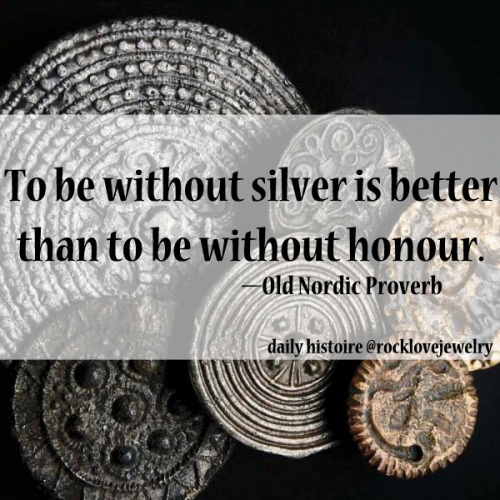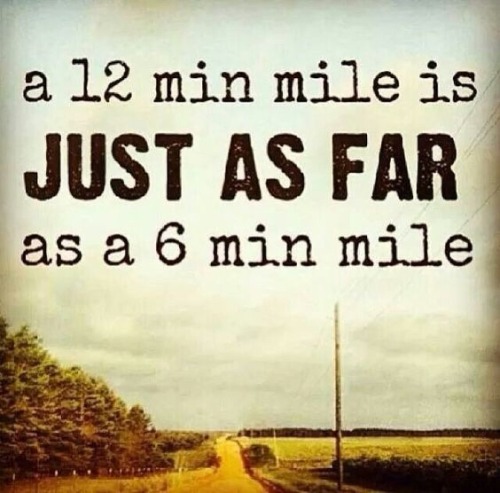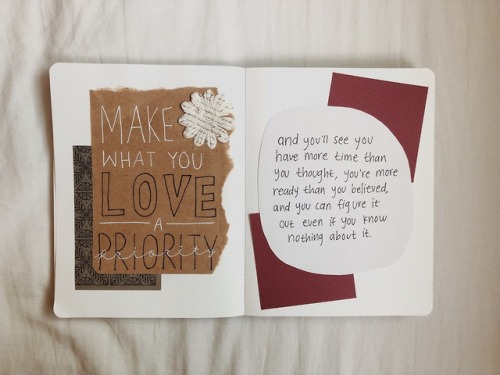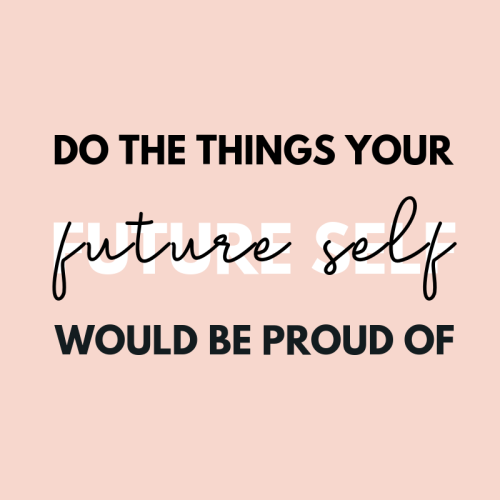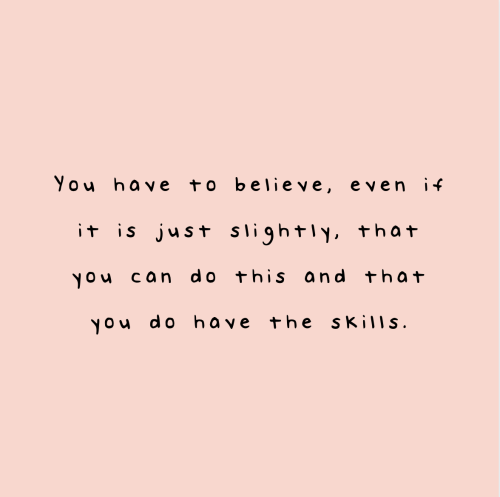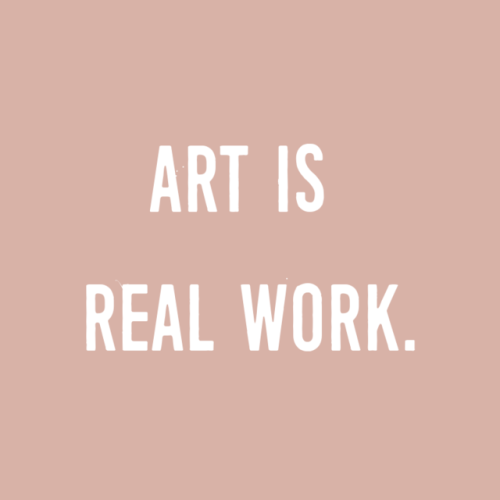#do what you love
Scattered thoughts at the outset of a career

It’s a rather loaded idea, a career. I certainly don’t want to be dedicated to my job above all else, the midnight workaholic who forgets the faces of her friends. Exhaustion is not a status symbol. Yet employment is important. I expect to spend around a third of my waking hours in the next decade working at a job of some kind, likely looking at a screen perched over a desk. As I’ve been pondering my (ugh) career options, I’ve found it helpful to keep a few things in mind:
1. Your job doesn’t have to be your work
I want to work on things that are important to me. I don’t have to do that work at a job.
I grew up surrounded by artists; that my work doesn’t need to be done at my job is axiomatic to me. Ask an artist what they’re working on and hear about the hours he spent stitching the wings for the dragonfly puppet or how she’s finally moved on to inking the graphic novel or how they just can’t get the grandfather actor’s theme music to work in C minor. Ask the same artist how they’re paying the bills and hear about tending bar or laying concrete floors or partners with steady incomes.
You can’t define your work simply by your waged labour. If we did this, we’d think of T.S. Eliot as a bank clerk and Kafka as an insurance officer. That false promise, do what you love and you’ll never work a day in your life, obscures that nature of work. One of my favourite essays, In the Name of Love by Miya Tokumitsu, describes the flaws of tethering our self-actualization to our jobs:
If we believe that working as a Silicon Valley entrepreneur or a museum publicist or a think-tank acolyte is essential to being true to ourselves — in fact, to loving ourselves — what do we believe about the inner lives and hopes of those who clean hotel rooms and stock shelves at big-box stores? The answer is: nothing.
We have to acknowledge that some jobs are both necessary and emotionally unfulfilling. Even in the aftermath of your personal favourite utopian revolution, someone is probably going to have to clean the bathroom. Similarly, there is worthwhile work that deserves your time—that you may indeed love to do—but that is profoundly unlikely to pay your bills.
Your job doesn’t have to be your work. It’s just a starting point; your career decisions will involve choosing jobs and choosing work. The internet already contains goodadvice about deciding what to work on. I’ll leave with this thought: is there anything you find yourself drawn to, that you approach with a half-grinning-half-wincing resignation? Some project or activity that is kind of self-indulgent and you should maybe avoid it but also maybe you just can’t?1 Think about making it part of your work.
2. You can quit to explore the decision space
One of the best decisions I ever made was to quit school when I was 13. I wasn’t way more productive in my parents’ kitchen than I would have been a classroom. I did, however, learn a lot about the scope of my decision space.
Even as a preteen, I had this urgent sense that I had to constantly be moving along The Path: an inexorable progression from good grades in high school to a university diploma with trailing internships to a worthwhile job and a future of accumulated promotions. To be off The Path was failure, panic, the worst thing in the world.
Yet after quitting school I was off the path, doing not much other than watching anime and reading physics textbooks, and it didn’t seem to set me back. When I decided to return to school, I had a much healthier attitude. I knew I wasn’t a student just because it was my only option.
Do you have to keep trying to pass the MCAT because you wanted to be a doctor when you were sixteen? Do you have to get a graduate degree because school hasn’t trained you for anything other than more school? Do you have to stay in your office because you can’t stand another awkward year learning to get along with a new set of managers? No, you don’t. You have options, too.
If you feel an urgent constraining dread about your career, because there may not be anything beyond the decisions you’ve already made: quit. Get an exhausting job washing dishes and live in a crappy apartment for a year. Seriously. You can go back on The Path later if you want to.
If you quit, you’ll have to come up with a reason to go back, and you might do better for having one. If nothing else, quitting expands the decision space. It may even be one of the best decisions you ever make.
3. The non-work aspects of your job are important
What have you liked about the jobs you’ve had so far? Was it the work you did? Across six co-op terms, the work I did probably accounted for less than half of my job satisfaction. I can sit irritably at a desk and feel equally unproductive on DNA models or database management or image processing.
What did I like? Regular feedback. Multiple projects to juggle. Long to-do lists. Co-workers who laugh at my jokes. Cal Newport argues that the characteristics of great jobs are work-independent things like autonomy and relatedness. I agree: the actual work you are doing at your job may matter less for your satisfaction than the pace of your work day or the office hierarchy.
Think about what non-work aspects of a job are important to you. This blog post by Philip Guo compares academia and software industry along ten useful dimensions; read it and decide if things like external recognition and time flexibility matter to you. Ask yourself weird questions, like: would you rather be off-key as a voice in a chorus or off-beat as the beatboxer on its side? I would rather my off-key note be covered by the rest of the voices and I see the same tendency in my preference for jobs where I’m a part of a tight-knit team. My friend Malcolm, who is a team of one at his company, would rather be the solo beatboxer who can adapt what he’s doing when he slips off beat.
You already know your job doesn’t have to be your work. When choosing a job, know the kind of non-work characteristics it should have to keep you satisfied.
Looking among those (ugh) career options of mine, my thoughts are scattered, yet: I know my quest for good work is separate from my job search. I know I won’t be trapped along a path by previous decisions: I can always quit and explore the decision space. I know I can find a job with satisfying characteristics without knowing the work I want to do. I think… I think I’m even looking forward to my career.
I personally feel this way about sailing tall ships and figuring out gnarly systems biology, while I feel I ought to be working on making people suffer less. I’m trying to hack my motivation, don’t worry. ↩︎
When I was little I was taught to not start multiple projects at once because I’d get confused or mess them up or end up half-assing them.
I was taught when I start doing something, to finish it and then start up with something new.
It took me years to realize that while this is a good way to do things, it doesn’t work with creativity. There are so many stories that I never even thought to write down because I was scared that if I wrote two things at once I wouldn’t do a good job. I was terrified of writing more thing than one, despite having the inspiration and want to do it.
At the start of this year, I decided to take a break. Having written two stories in the last I just needed a break. And then I got inspired. I wrote 60k words and then I got inspired again but for a different story. I was still scared, but I realized something… I didn’t want to lose either of these stories.
So now, I’ve written 80k words on the first one and 20k words on the other. And both of them are so fuckinggood.
You’re too young, you don’t know what you want, you spent four years of your life in college for the job you have right now, no one will approve.
These are a few reasons you shouldn’t take the risk to build the life you want.
But you can’t live your life by shouldn’t. Don’t make decisions based on what you can’t do. Fuck can’t.
There will always be reasons why you shouldn’t do what you love.
No matter how big or “true” the reason you have to decide whether you’ll give in to it or break free.
You don’t have to quit your job to start taking action toward your goal. You don’t have to leave college either.
You might not even be one-hundred percent sure this vision really is your dream.
But you have to try anyway.
#TheKitaJRevealShow #ExistNNatureMedia ADAPTING - Getting Onboard S2 E2

